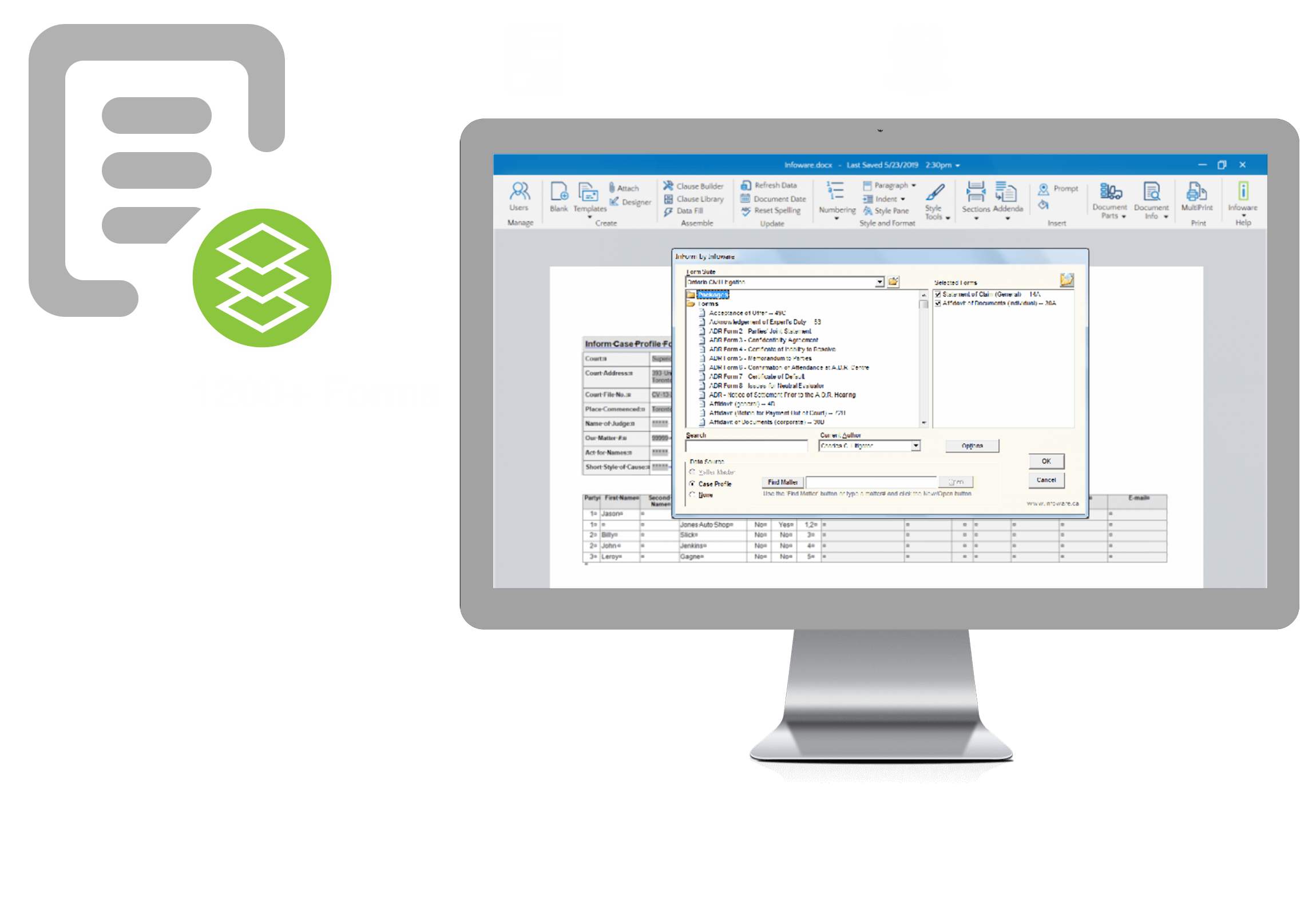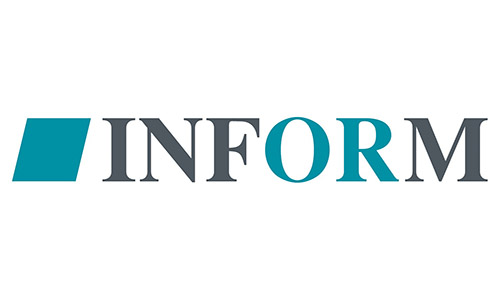
The destination host or an intervening gateway might send thismessage. Protocol unreachable indicates that the Transport layer protocol (UDP or TCP)is not available. You can think of this message as the gatewaysaying to the sending host, "I found the street you were looking for, butthe house you are trying to find is not there." This could happen because this host has beenturned off or does not exist. The host unreachable message alerts the sending host that the destinationhost requested cannot be found. You can think of this message as the gateway saying to thesending host, "The street you are trying to locate is not found or is toofar to reach." When a client attempts to connect to a host on a networkthat is unreachable, a gateway generates this message to alert the source hostof the problem. In other words,the router cannot deliver or forward an IP datagram to the destination network.This could be the result of a network that is beyond the maximum distancelimitation for the routing protocol in use and is therefore consideredunreachable (too far). This message indicates that the router cannot find the destination network(does not exist or has failed) or has no route to this network.
#Inform it code
Each code type describes a differentdelivery problem encountered, as shown here:įigure 3.11 This is an ICMP echo reply message sent in response to a previously received echo request. Note that adestination host sends only code types 2 and 3 a router can send all codes.Destination Unreachable uses several code values to further describe thefunction of the ICMP message being sent. ICMP Type 3 message Destination Unreachable alerts a source host of deliveryproblems encountered while trying to reach the destination. The type code 0 indicates this is a reply and the previous ID and sequence number values used in the echo request frame match.įigure 3.10 This is an example of an echo request and reply generated as a result of the Ping Utility.

The ID value of 52743 and the sequence number of 57098 are optionally included to provide a reasonable match with the echo reply. Note the detail pane indicates a type 8 value stating this is an echo request. In Frame 1 host 36.53.0.202 sends an echo request to test the connectivity with host 36.21.0.1. Upon successful receipt ofthe replies to the echo requests, the messages do the following:Īssume that a valid communication path between the hosts exists.Īssume the end host works through the Network layer.įigure 3.10 shows an example of an echo request Figure 3.11 shows an example of an echo reply. As previously mentioned, the user executes the Ping utility,initiating the generation of ICMP echo requests with the expectation that thedestination host sends a corresponding echo reply.

Remote hosts use these two message types to testconnectivity.

We discuss the ICMP Echo Request Type 8 and Echo Reply Type 0 because ICMPuses these messages in tandem. Ping: Echo Request and ReplyTypes 8 and 0

Information Reply (obsolete) (Used with Type 15)īecause each of the ICMP message headers vary depending onwhich one is sent, we will discuss each type separately, identifying thecorresponding code fields, if applicable. Information Request (obsolete) (Used with Type 16) Table 3.2 ICMP Message TypesĮcho Reply (Ping Reply, used with Type 8, Ping Request)Įcho Request (Ping Request, used with Type 0, Ping Reply) Many of the type fields contain more specific information about theerror condition. The type field identifies the type of the message sent by the host orgateway.


 0 kommentar(er)
0 kommentar(er)
